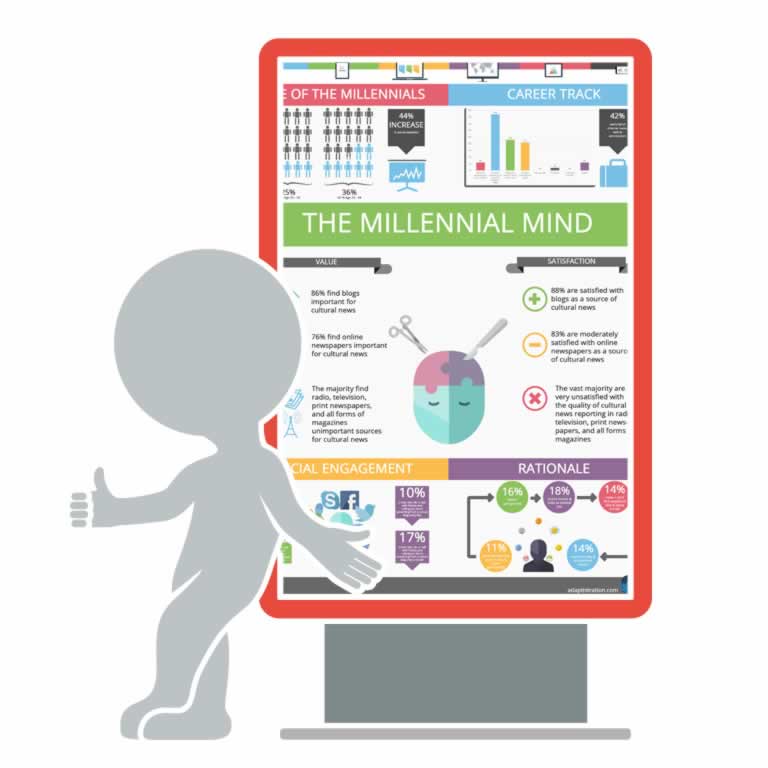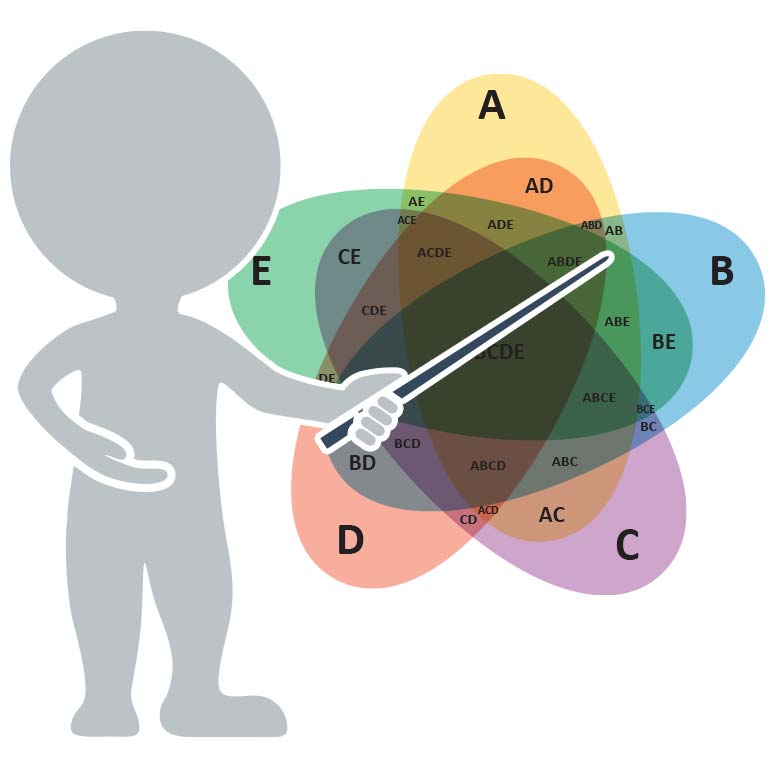I’m beginning to hear a regular complaint from orchestra patrons; they’re sick and tired of receiving persistent letters, emails, and phone calls from their local orchestras asking for donations. Here’s a few quotes from some orchestra patrons: “Why should I give more money? I already gave them money, why don’t they learn how to use it better?” “I gave money three separate times this year, but they still say they need more. Where did it all go?” Here’s an example; our patron, who we’ll call Mr. Smith, is a baby boomer who has just seen his last child off to college and is looking to expand his cultural exposure. Over the summer, he purchased his first ever season concert subscription. He is completely unaware of the business of orchestras or the financial difficulties they are currently weathering. After attending the first concert of his subscription, he soon receives a letter in the mail from the orchestra development department asking for a donation. He enjoyed the concert and decides to send in a $50 donation. A few weeks later he receives another letter, explaining that the orchestra is in desperate need to meet a fundraising goal for a matching grant. He decides to give another $20. The next week he gets an email, again asking for money to help meet the goal for the previously mentioned matching grant. This time he decides not to give. Four days later he gets another email from the orchestra asking for money to help increase the sagging endowment. Again, Mr. Smith decides to not give a donation. The following week he receives another letter in the mail, this time from a professional fundraising firm working on behalf of the orchestra. This letter reads like telemarketing sales pitch and causes Mr. Smith to become angry with the orchestra and sorry that he purchased a subscription. Within the course of two months he’s received five donation requests for three different fundraising campaigns while only having attended two concerts. He has become so disenfranchised that he returns the rest of his subscription tickets and decides that he’ll purchase individual tickets when he feels the desire to attend. Think this is an exaggeration? Remember back to the end of last Spring when donors from
All of this adds up to the following: orchestras are feeling the strain of financial difficulties, but instead of expending efforts to bring in a new audience, they are squeezing they’re current patrons far beyond their tolerance. In turn, they’re receiving less from the core patron base, and they’re alienating the small number of orchestra newcomers. So the message to orchestra administration is this: Stop pushing your donors and stop acting like hard sale telemarketers. Your patrons will thank you for it.


